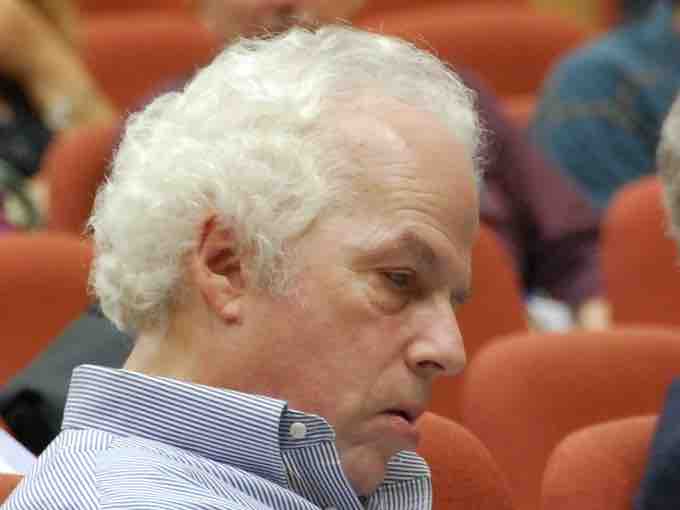A pathogen or infectious agent is a microorganism such as a virus, bacterium, prion, or fungus that causes disease in its host. The host may be an animal, a plant, or even another microorganism.
Not all pathogens are undesirable to humans. In entomology, pathogens are one of the "Three P's" (predators, pathogens, and parasitoids) that serve as natural or introduced biological controls to suppress arthropod pest populations.
There are several types of intracellular pathogens. Pathogenic viruses are mainly those of the families of Adenoviridae, bacteria Picornaviridae, Herpesviridae, Hepadnaviridae, Flaviviridae, Retroviridae, Orthomyxoviridae, Paramyxoviridae, Papovaviridae, Polyomavirus, Rhabdoviridae, and Togaviridae. Viruses typically range between 20 to 300 nanometers in length.
Although the vast majority of bacteria are harmless or beneficial, a few pathogenic bacteria can cause infectious diseases. Bacteria can often be killed by antibiotics because the cell wall in the outside is destroyed, expelling the DNA out of the body of the pathogen, therefore making the pathogen incapable of producing proteins, so it dies. They typically range between 1 and 5 micrometers in length.
Pathogenic fungi comprise a eukaryotic kingdom of microbes that are usually saprophytes but can cause diseases in humans, animals, and plants. Fungi are the most common cause of diseases in crops and other plants. The typical fungal spore size is 1 to 40 micrometers in length.
Some eukaryotic organisms, such as protists and helminths, cause disease. According to the prion theory, prions are infectious pathogens that do not contain nucleic acids. These abnormally-folded proteins are found characteristically in some diseases such as scrapie, bovine spongiform encephalopathy (mad cow disease), and Creutzfeldt–Jakob disease. Although prions fail to meet the requirements laid out by Koch's postulates, the hypothesis of prions as a new class of pathogen led Stanley B. Prusiner to receive the Nobel Prize in Physiology or Medicine in 1997.

Stanley Prusiner
Stanley Prusiner discovered prions, which are a class of infectious self-reproducing pathogens primarily or solely composed of protein.